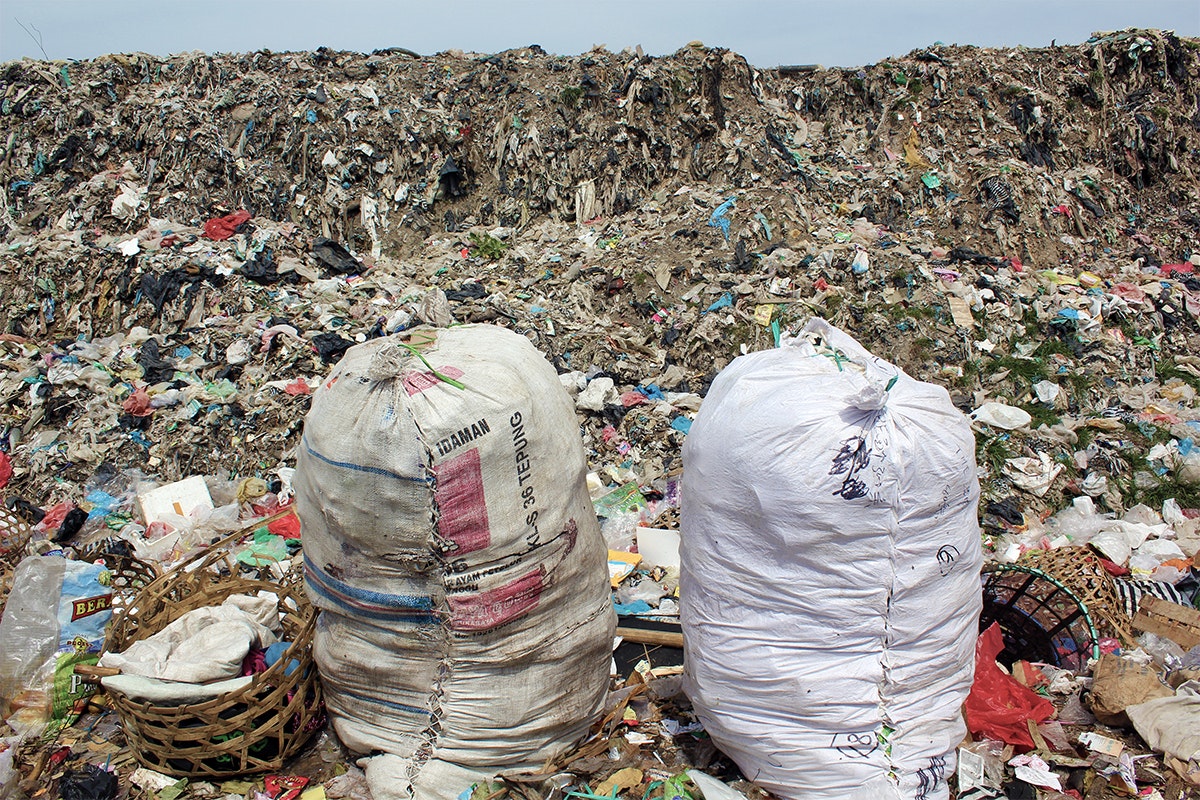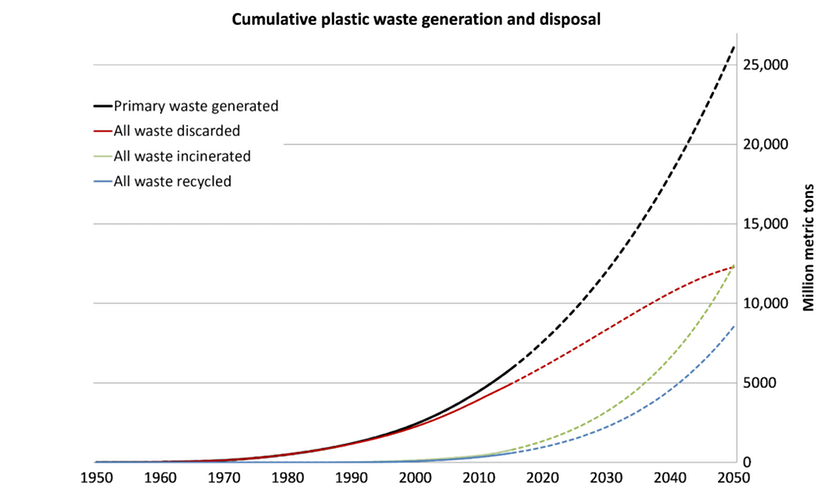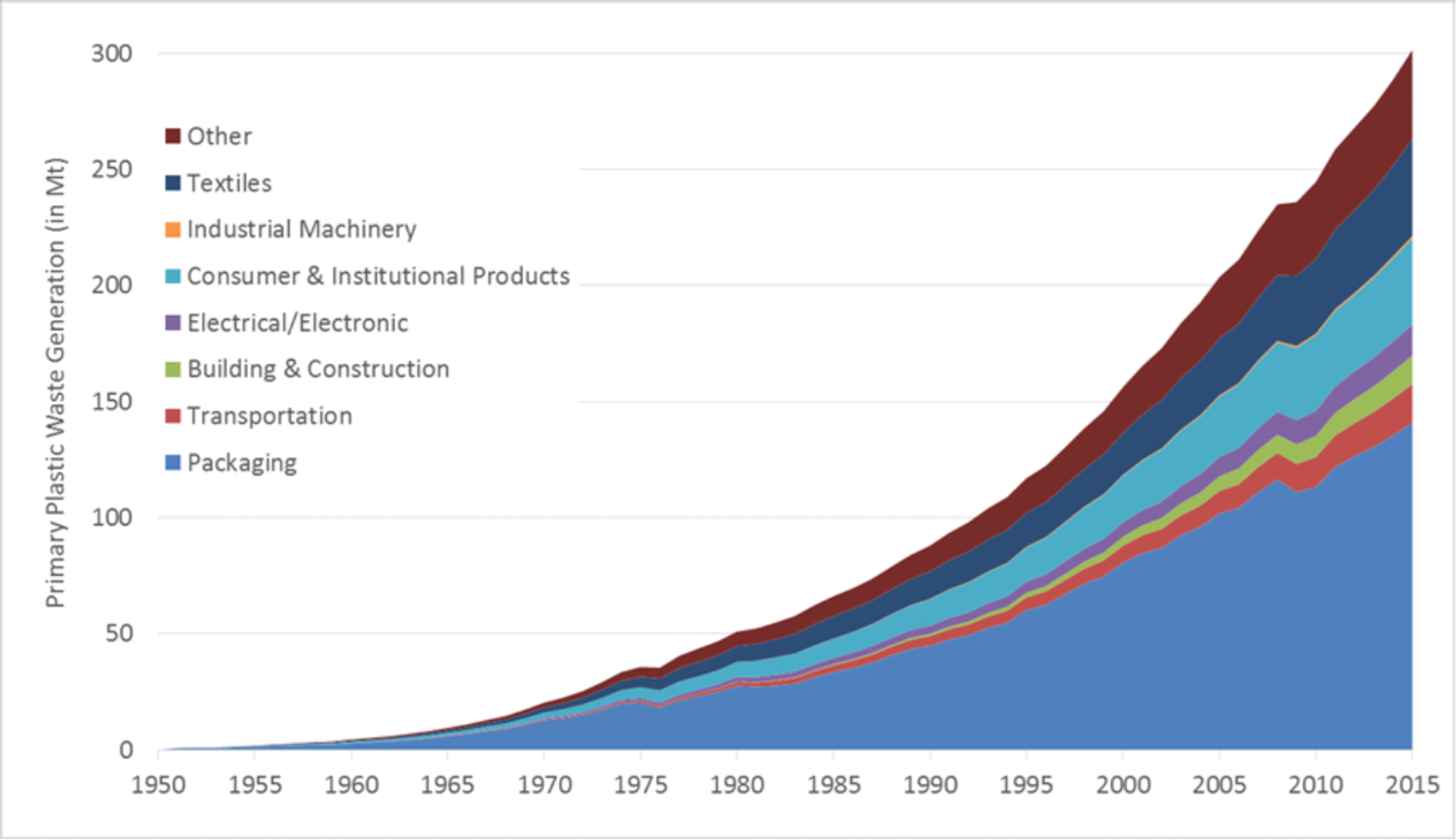New Zealand bans plastic bags

It is no secret that the amount of plastic waste increases from year to year. In the oceans, whole islands of garbage are formed, most of which is plastic. According to the calculations of scientists for 65 years, mankind has produced more than 8.3 billion tons of plastics of various kinds. About 60% of the total plastic turned into waste products that pollute the soil and water.
According to the forecasts of experts, by 2050 the mass of manufactured plastic goods of general use amounted to more than 12 billion tons. And most of these products will become garbage, waste. Understanding the problem, governments of different countries prohibit certain types of products - for example, packages.

So, try to reduce their consumption to a minimum in the UK. There they went by introducing a certain price per package for the buyer to the supermarket. And although the amount is minimal - about 5 cents, buyers have already several times reduced the consumption of packages.
Now in line - New Zealand. The government of this country decided to usemore radical methods and completely prohibit the use of plastic bags. True, not immediately - after all, retailers need to find an alternative. They are given half a year to get out of the situation and offer customers other options for carrying products. After six months, retailers who continue to use the packages will face a fine of approximately 70 thousand euros. And the penalty will not be one-time - if violations are detected again, you will have to pay again and again.
“We are starting to ban packages in order to make New Zealand a green, clean territory,” said Jassinda Ardern , the country's prime minister.
She told that the citizens of the country use hundreds of millions of packages annually. These are whole mountains of plastic, which gradually move from land to the sea, polluting coastal areas, seas and oceans. Sea creatures, taking packages for food, clog their stomachs and gradually die - from starvation. After all, their food can no longer be digested normally in the stomach, whose work is broken by a plastic stopper.
Tens of thousands of people spoke out against banning packages. 65 thousand have signed the corresponding petition, and now the state will begin to operate.
It is worth noting that despite the fact that New Zealand is a relatively small country, it has one of the highest levels of generation of man-made waste. Each resident of the country uses about 154 packages a year, which in terms of the number of inhabitants of the country is hundreds of millions of pieces.

By the end of 2018, everything should change - retailers and small stores will no longer use plastic bags. So far, there is no detailed description of the project implementation plan for eliminating the use of packages, it is still being developed. In September of this year, the plan should be ready and within a few weeks of the completion of its development, the government will begin to take action.
As for other countries, more than 40 states have completely banned the use of packages. Bangladesh became the first country, the government of which signed the corresponding document in 2002. South Africa banned the use of packages in 2003, after the packages became a real national disaster. Unfortunately, in some states there is a ban, but practically no one performs it, so prohibitive measures do not always work effectively.
The next step is to ban plastic bags in Australia - this country is now discussing the possibility of making appropriate changes in legislation. Even before the bans on the ban, the two largest retailer networks announced that they were headed for the termination of the use of plastic.
